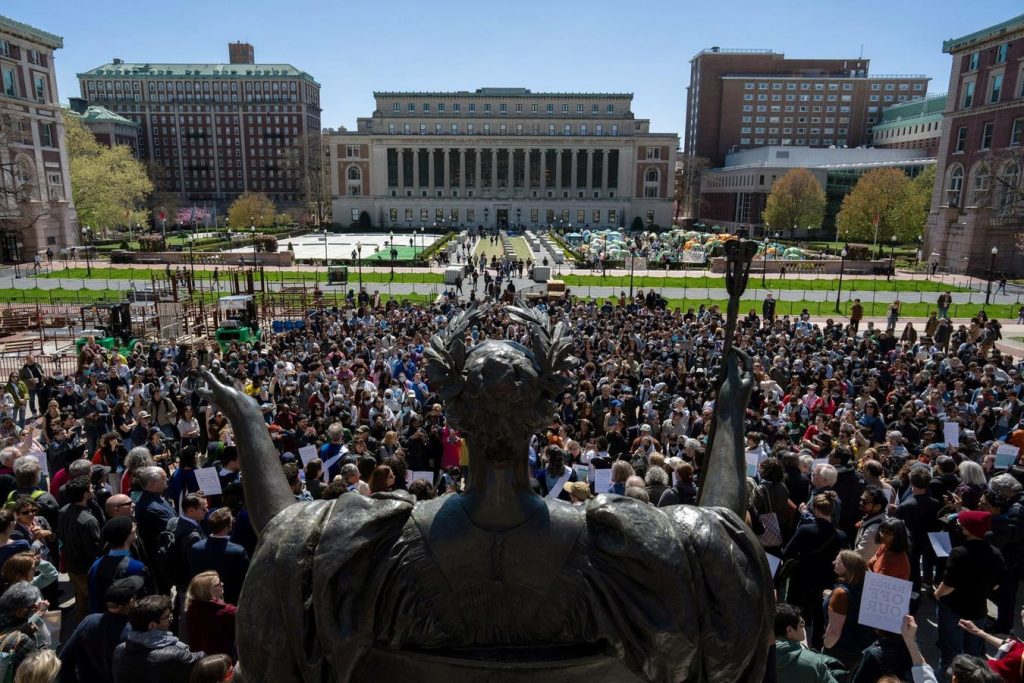Pro-Palestinian encampments on college campuses have been dwindling, leaving disrupted academic careers and legal battles in their wake. More than 2,900 people have been arrested or detained at 67 campuses since April 18th. Students from Arizona State University are suing the school for violating their free speech rights after being barred from campus for participating in a protest. At Harvard, suspended seniors became the center of a power struggle, highlighting the ideological tensions surrounding the Gaza conflict.
Legal battles have erupted between pro-Palestinian groups and universities, with lawsuits and investigations being pursued. Jewish students have also filed civil rights suits against universities for failing to protect them from harassment. The law surrounding campus protests is complex, with colleges having the right to establish codes of conduct but also needing to comply with civil rights laws when protecting students. The use of civil disobedience in protests opens the door to consequences such as arrests and suspensions.
Some protests have been criticized for using slogans deemed antisemitic, but protected under the First Amendment. Hate speech can violate university speech codes, leading to internal investigations and disciplinary actions. Administrators have faced challenges dealing with mass protests, with some suspensions being reversed without a lengthy process. The historical context of mass protests and suspensions sheds light on the current challenges faced by universities.
Protests on public university campuses are subject to certain limitations, with time, place, and manner restrictions being common. Even at public colleges, not all venues are available for demonstrations, and limitations need to be equally enforced. The issue of unequal treatment in disciplining student protestors has surfaced in the Arizona case. Faculty members have also found themselves at odds with administrators, leading to confrontations and arrests.
Faculty members, like Professor Noëlle McAfee, have voiced their support for student protests as essential for addressing societal issues. McAfee was arrested after confronting police officers during a protest at Emory University. She views student activism as a crucial aspect of democracy, regardless of the specific issue. The tensions between administrators, faculty, and student protestors highlight the complex dynamics at play on college campuses during periods of heightened activism.


